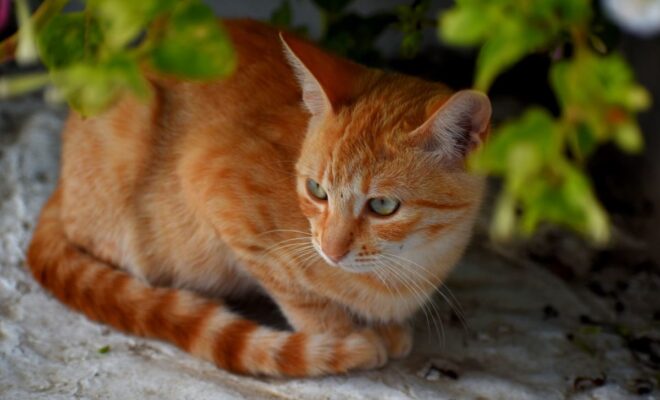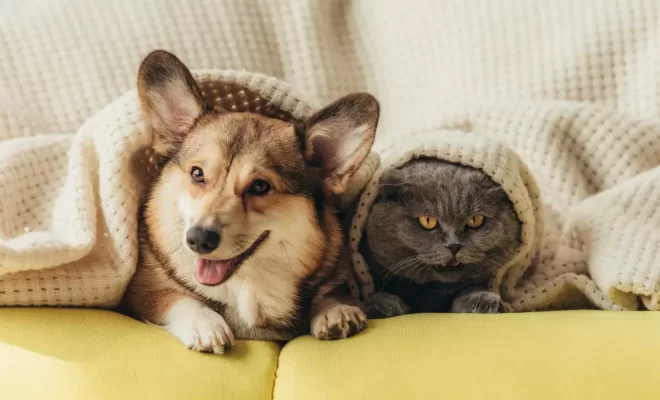Ever Wondered About the Psychology Behind Cat Names?

The world of cat names is a captivating journey influenced by a wide range of psychological factors. It’s not just about giving your pet a label; it’s about expressing their personality.
In this article, we’ll delve into the psychology behind cat names, uncovering the motivations that drive owners to choose the perfect name for their furry companions. It’s a fascinating linguistic bridge that connects the human and feline worlds in a unique and meaningful way.
While exploring the nuances of cat names and their psychological significance, it’s important to prioritize the health and happiness of your feline. Consider investing in pet health insurance to ensure their well-being.
If kitty doesn’t respond to their name as usual and you suspect they might be ill, cat insurance can help cover unexpected veterinary costs. It’s worth considering getting a policy to give you peace of mind.
In the meantime, let’s delve into the psychology behind why people choose specific names for their cats.
Insights into the psychology of cat names
1. Reflecting their personality
Cat names often reveal the personality traits of felines, whether they’re playful, aloof, or affectionate.
2. Pets are family
Many cat owners choose names that humanise their pets, treating them as integral family members.
3. Cultural and literary influences
Names inspired by literature, movies, or cultural references not only showcase the owner’s interests but also add a deeper meaning to their cat’s identity.
4. Visual characteristics
Cats with distinctive physical features often receive names that highlight these characteristics, such as “Whiskers”, “Ginger”, “Mocha”, “Shadow”, and “Patches”.
5. Rhyming and alliteration
Names with rhythmic qualities or playful sounds may be chosen for their catchy and memorable nature.
6. Nostalgia and personal connections
Nostalgia plays a role in cat naming, as some owners select names that hold sentimental value or remind them of past pets, creating a sense of emotional connection.
7. Length and complexity
The length and complexity of a cat’s name can vary, with some owners preferring short, easy-to-call names while others opt for longer, elaborate choices.
8. Seasonal or holiday themes
Cats born or adopted during specific seasons or holidays may receive names associated with those occasions, adding a thematic element to their identity.
9. Human names for cats
Some owners choose common human names for their cats, blurring the line between pet and family member.
10. Societal trends
Cat names may be influenced by societal trends, with popular culture and current events shaping naming choices.
11. Sound and tone
The sound and tone of a name can impact the owner’s perception of their cat and strengthen the bond between them.
12. Unique and unconventional names
Owners may select unique or unconventional names to showcase their cat’s individuality and set them apart from the rest.
13. Evolution of names over time
Some owners may change their cat’s name as they get to know their personality better or to better suit their evolving understanding of the cat.
Understanding the psychology of cat names provides insights into the complex and often emotional relationship between owners and their felines, showcasing the diverse factors contributing to the selection of a name for a pet.
Navigate the intriguing psychology behind cat names; also, think about securing your feline’s health and happiness with pet health insurance.
Ensuring a secure and protected journey ahead can be easier if you consider financial planning for the unforeseen with the help of cat insurance, so why not start thinking about it?








